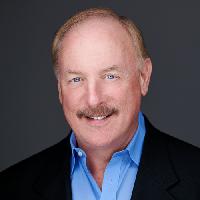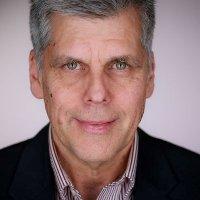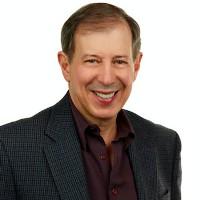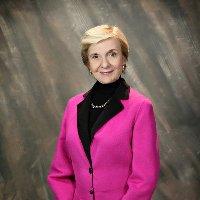Previous answers gave you a great deal to reflect on, including the process for selecting a coach and setting your goals.
To the specifics of your request, "What should I expect to happen from the first interaction to the end…?" I add:
1. You complete preparation & self-assessment (as noted, coaches use various tools as part of your prep)
2. We conduct a two-hour intake, during which we establish the logistics of the relationship and deeply explore the goals you hold
3. We schedule ongoing Conversations, e.g. weekly or bi-weekly. The general flow of those sessions (which will vary by client and need) will look like this:
-Check-in: What's happened since last session; what did you try or do, what worked/not, what did you learn, what reflections are you bringing today?
-Agenda: what is your focus for today? What do you want to accomplish or take away from this session? What is important about that right now?
-Coaching/Exploration of the topic
-Close: What are you taking away? What will you do or practice over the next week or two?
4. If part of the initial agreement, your coaching may include onsite work, e.g. shadowing you in your native habitat
5. At intervals, we pause to review progress & value, adjusting as needed.
6. Closure: Reflection on the value and learning from your coaching, how you will continue learning and progress, or anything that is important to declare as you wrap the relationship.
Notes:
~ Your goals form the foundation for all conversations, and these may evolve as you discover/uncover more about yourself, so you may "re-contract" along the way.
~ The exploration in any single session is organic and based on where you are right now. Questions are a primary means of exploration.
~ My approach is ontological, so we work with your head, body, & emotional space, making it a more holistic experience -- and really, isn't that what Leadership is all about, the whole experience?
Good luck with your decision!




















